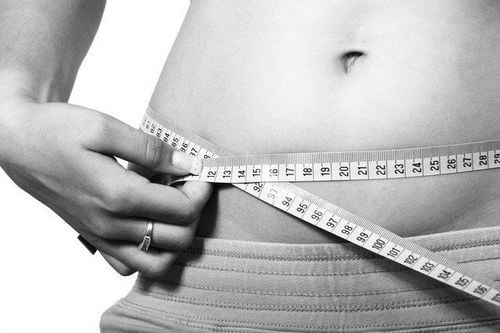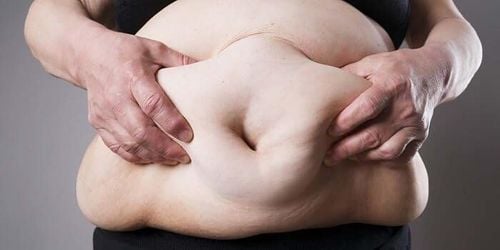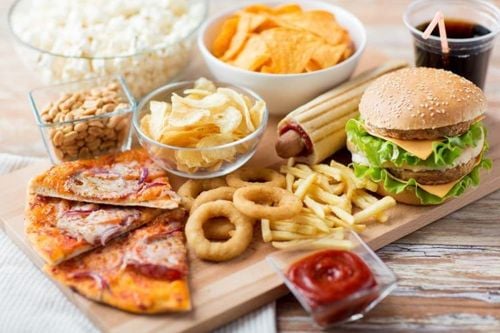This is an automatically translated article.
Ultra-processed foods including snacks, beverages and ready-made meals contain additives, artificial colors, preservatives, high in sugar, salt and fat but very little nutrition. What's more, these foods make up 60% of many people's diets. Recently, the ultra-processed food group has become the focus of diseases including heart disease, diabetes, obesity, some cancers and reduced life expectancy.
1. What are ultra-processed foods?
Unless you make all your food at home from prep, sometimes it's practically impossible to avoid processed foods. However, these processed foods will have different levels of processing.
Minimally processed food i.e. cleaning food, preserving food or removing inedible parts such as: the outer skin of the coffee bean when grinding. Besides grinding, these processes including refrigeration, freezing, fermentation, pasteurization and vacuum packaging also apply to minimally processed foods. The key to keeping it to a minimum is that the nutritional content of this food compared to the natural version remains relatively similar. Whole grain flours and pasta are also minimally processed foods, as are some cooking ingredients. Or oils pressed from nuts, olives or seeds.
Processing changes the natural state of food. Processed foods are basically made by adding salt, oil, sugar or other substances. Examples include canned fish or canned vegetables, fruit syrup and freshly made bread. Most processed foods have 2 or 3 ingredients.
Once a food is added sugar, salt or fat to the mix, the processing is no longer “minimal”. The same goes for canned fruits and vegetables with added salt or sugar. Freshly baked bread, some cheeses and canned fish too. However, they are not highly processed. Their ingredient lists are limited to two to three ingredients, but they're usually ready to use (or at least edible) right out of the package.
The process of forming ultra-processed foods includes many steps, such as: Adding salt and canning. This process also yields ingredients that you won't find in natural food products. These include artificial colors and flavors, preservatives, and ingredients, such as emulsifiers, intended to make a food look or texture more appealing. Soft drinks, lunch meats, sugary cereals and chips are made super fast, along with many other packaged snacks and baked goods, some frozen meals and some crackers.
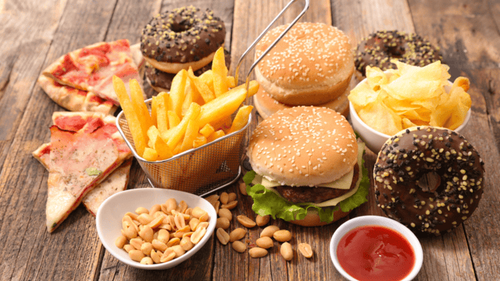
Thực phẩm chế biến tối thiểu tức là làm sạch thực phẩm
2. Food Matrix
The food matrix is not only the composition of the food - for example, vitamin C and fiber - but also makes it nutritious. It is also the structure of food. That means even if a processed food contains certain vitamins and nutrients, it will still not be as nutritious as whole grains. That's why a high-fiber food is better for you than a fiber pill.
3. Harms of ultra-processed foods
Research the link between ultra-processed foods and a number of health problems. People who eat a lot of these foods are more likely to become obese and develop diabetes, heart disease, and blood vessel disease including stroke.
A recent study even linked ready-to-eat foods with cancer risk. Researchers tracked the eating habits and health records of 104,980 adults for five years. People who ate a lot of highly processed foods were most likely to get some form of cancer during the study period. The researchers then looked at cancer risk based on the average number of servings per day over five years. For every 10 percent increase in highly processed food intake, the overall risk of cancer increases by 12 percent. That's the difference between someone who ate a whole Twinkie every week for 5 years and someone who ate an entire Twinkie plus another piece every week for the same amount of time. Possibly due to the increased risk of these diseases, studies have also shown that eating more highly processed foods equates to a shorter life.
Experts are still uncertain about what harms ultra-processed foods contain or lack. Certain chemicals, preservatives, sweeteners - even those that don't contain calories - can affect metabolism.
Ultra-processed foods, although not all of them, tend to be low in fiber and other essential nutrients. If these snacks replace whole foods in your diet, you'll miss out on those nutrients and could see the health consequences that come with that. As for protein and fiber, which help you feel full, which means foods containing these nutrients can help you control your calorie intake throughout the day.
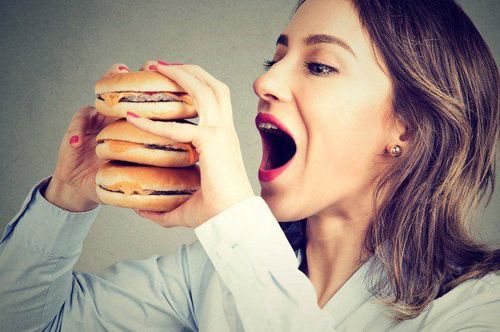
Những người ăn nhiều thực phẩm siêu chế biến có nhiều khả năng bị béo phì và mắc bệnh tiểu đường, bệnh tim
Some studies have found that ultra-processed foods, regardless of their nutrient content, are not as satisfying as whole foods. That might explain the results of a recent experiment, with a study conducted in 20 healthy adults in a laboratory under close supervision for 28 days. 10 of them received a diet of mostly ultra-processed foods, including white bread, luncheon meats, cheese slices, chips and artificially sweetened diet drinks. The other 10 received the same amount of calories, sugar, fiber, fat and carbohydrates at each meal, but only in the form of unprocessed and minimally processed foods. They eat things like beef with broccoli, brown rice, apples and salads. (Note: It takes a lot of broccoli and apples to match the calories in a bowl of chips.)
Study participants can only eat the food provided. At the end of 4 weeks, those in the ultra-processed group ate about 500 more calories per day than the others. And they gained 2 pounds, while the others lost 2 pounds.
Do ultra-processed foods fill you up for a long time? Or are they just tastier, making it harder for you to stop? Researchers don't know for sure why people eat significantly more processed foods. However, either way, highly processed foods lead to overeating and weight gain.
Please dial HOTLINE for more information or register for an appointment HERE. Download MyVinmec app to make appointments faster and to manage your bookings easily.
Reference source: webmd.com



